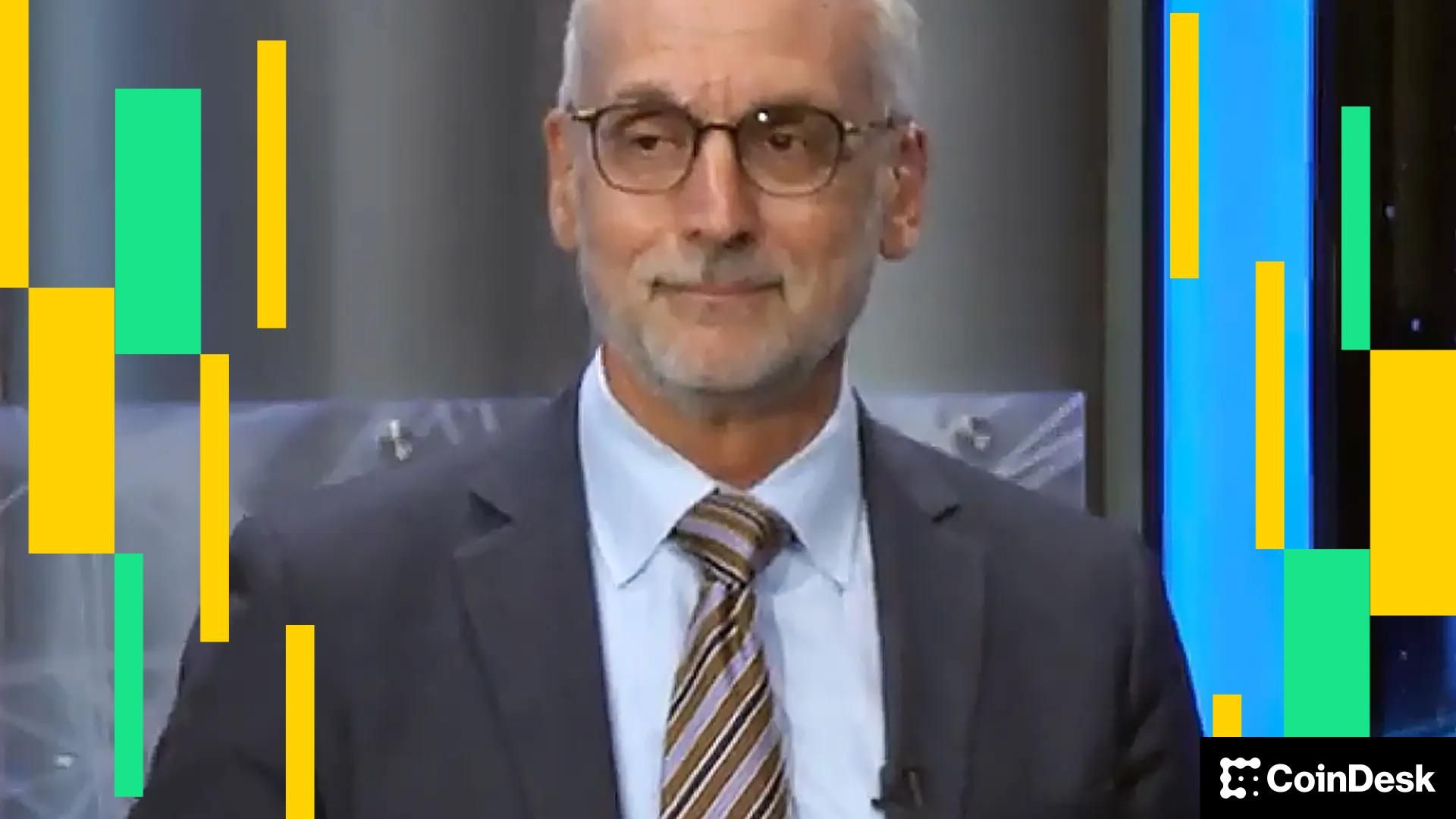“In an X post, Ripple’s Stuart Alderoty said two recent New York Times pieces wrongly cast crypto as only a tool for crime and corruption.”, — write: www.coindesk.com
In his Oct. 17 post on X, Alderoty called that framing “a convenient narrative, but a lazy and inaccurate one,” and tried to pivot the conversation to who actually uses crypto and why. He wrote that digital assets are used by tens of millions of Americans for practical tasks — such as lending money, proving ownership and building new forms of commerce — and emphasized that these activities run on “transparent, traceable” blockchains.
In his view, “crime doesn’t thrive in plain sight,” and public rails make it easier, not harder, to scrutinize flows. That transparency, he suggested, is the missing context when opinion pages lean on a crime-and-corruption-first lens.
Alderoty’s post pressed the idea that the “real story” is quotidian utility, not sensational edge cases. He framed crypto less as a speculative playground and more as a toolkit that compresses settlement times, reduces intermediaries and creates auditable records that ordinary people and small businesses can use.
The emphasis was squarely on mainstream users — “everyday Americans” who save time and cut costs — rather than on a subset of bad actors. He also flagged the National Cryptocurrency Association as the venue for telling those user-level stories, saying that is precisely the work underway there.
He did not deny abuse exists; instead, he argued crime-and-corruption-only portrayals miss how public ledgers function and how people actually use them. By stressing traceability, he aimed to undercut the premise that crypto uniquely enables corruption and to remind readers that open systems allow persistent, and permanent review. The through line was simple: narrative should catch up to reality.
For readers less familiar with his broader campaign, Alderoty also serves as president of the National Cryptocurrency Association, a nonprofit launched on March 5 with a $50 million grant from Ripple to boost literacy and safe adoption through explainers and first-person stories. The group’s mandate — surface user experiences, demystify how public ledgers work, and highlight practical use cases — mirrors the themes in Thursday’s post.
As CoinDesk reported, in a Sept. 29 op-ed, he framed crypto participation as mainstream and urged policymakers to “finish the job on crypto clarity,” arguing that predictable guardrails would both protect consumers and give responsible firms certain to build onshore.
That earlier piece mirrors the theme of Thursday’s post: elevate everyday use on transparent rails and solidify clear rules so those use cases can scale.
 Stablecoin payment volumes have grown to $19.4B year-to-date in 2025. OwlTing aims to capture this market by developing payment infrastructure that processes transactions in seconds for fractions of a cent.
Stablecoin payment volumes have grown to $19.4B year-to-date in 2025. OwlTing aims to capture this market by developing payment infrastructure that processes transactions in seconds for fractions of a cent.
View Full Report
 The proposed rule change relies on Nasdaq’s vague understanding of how the Depository Trust Company (DTC) would handle post-trade settlement for these tokens.
The proposed rule change relies on Nasdaq’s vague understanding of how the Depository Trust Company (DTC) would handle post-trade settlement for these tokens.
- Ondo Finance has urged the SEC to delay a proposed Nasdaq rule change that would allow for the trading of tokenized securities.
- The proposed rule change relies on Nasdaq’s vague understanding of how the Depository Trust Company (DTC) would handle post-trade settlement for tokenized assets, which Ondo argues deprives the SEC of necessary information.
- Ondo Finance suggested that making DTC’s process public would alleviate concerns.
Read full story
